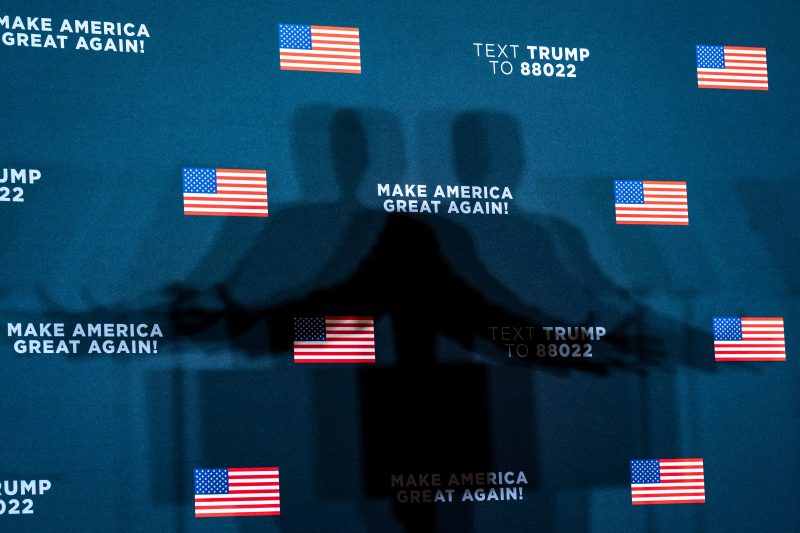
Trump’s Increasingly Provocative Appeals to Racism Since 2016
In recent years, the political landscape in the United States has been marked by a sharp rise in racially charged rhetoric and divisive policies. President Donald Trump, since taking office in 2016, has been known for his outspoken and controversial statements on race, often using language that many have deemed as racist. This trend of escalating racist appeals has had a significant impact on the country’s social fabric and political discourse.
One of the key ways in which President Trump has amplified his racist appeals is through his comments about immigrants and immigration policies. From his campaign promise to build a wall along the U.S.-Mexico border to his administration’s controversial policies like the travel ban targeting predominantly Muslim countries, Trump has repeatedly stoked fears about immigration and portrayed migrants in a negative light. By using inflammatory language and painting immigrants as criminals and threats to national security, Trump has tapped into deep-seated prejudices and stereotypes that have fueled anti-immigrant sentiment across the country.
In addition to his rhetoric on immigration, President Trump has also made a series of racially charged remarks targeting minority communities, including African Americans, Latinos, and Muslims. His divisive language, such as referring to African countries as sh*thole countries and suggesting that Mexican immigrants are rapists and criminals, has sparked outrage and condemnation from civil rights groups and politicians alike. By perpetuating harmful stereotypes and feeding into racial tensions, Trump has further polarized an already fractured society.
Furthermore, Trump’s policies and actions have also disproportionately affected marginalized communities, exacerbating existing inequalities and injustices. From rolling back civil rights protections to implementing harsh immigration enforcement measures, his administration has pursued a series of initiatives that have been criticized for their discriminatory impact on communities of color. As a result, many activists and advocates have accused Trump of promoting a racist agenda that undermines the principles of equality and justice.
The rise of Trump’s racist appeals has had far-reaching consequences beyond just political discourse. It has contributed to a climate of hostility and division that has emboldened hate groups and fueled acts of violence and discrimination against minority groups. Incidents of hate crimes and racial profiling have increased in recent years, creating a climate of fear and insecurity for many vulnerable communities. Additionally, the normalization of racist rhetoric in public discourse has eroded trust and solidarity among Americans, further deepening the country’s social divisions.
In conclusion, President Trump’s escalation of racist appeals since 2016 has had a profound impact on American society, amplifying tensions and exacerbating inequalities along racial lines. By using divisive language and pursuing discriminatory policies, Trump has perpetuated stereotypes and prejudices that have harmed marginalized communities and undermined the values of inclusion and equality. As the country grapples with the legacy of his presidency, it is crucial to confront and challenge the racist narratives that have gained prominence in recent years, in order to build a more just and equitable society for all.
